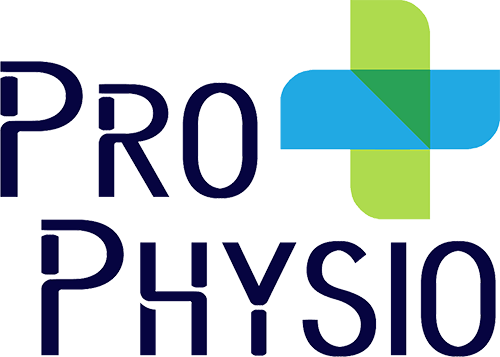“Healthy mind in a healthy Body”
– Hippocrates
Hippocrates, the ancient Greek philosopher and father of modern medicine, believed that exercise in combination with a well-balanced diet was essential in enhancing an individual’s overall physical and mental health.
It was Hippocrates who pioneered the idea of a methodical exercise regime based on the age and needs of an individual. This involved using physical exercise to stimulate the musculoskeletal system, and internal organ development through graduated changes in exercise load.
Exercise load was adjusted gradually by altering the frequency and intensity of effort using a variety of exercises. Interestingly, Hippocrates pioneered the concept of applying maximum intensity exercise to stimulate the body only for short periods at certain stages of a training program to stimulate physical development.
“Healthy mind in a healthy body” was the driving force of the Hippocratic provision of healthcare and focused on a holistic approach to healthcare (N. Nomikos, 2016).

Exercise promotes physical health
Modern science highlights various benefits that physical exercise has on physical and mental health. Research demonstrates that an appropriate exercise program involving aerobic training, resistance training or a combination of both has a positive effect on many chronic diseases such as: obesity, diabetes, chronic heart failure, osteoporosis and osteoarthritis just to name a few.
Aerobic exercise is characterized by high repetition and low resistance demands during movement, and may include activities such as walking, running or cycling. Aerobic exercise primarily enhances cardiopulmonary function, by improving blood flow and our ability to use oxygen, while also aiding our metabolism in breaking down energy sources stored within our body.
Resistance exercise involves strength training in an effort to stimulate our musculoskeletal system by loading it using resistance bands, weights, machines or simply our own body weight. Resistance training predominantly enhances muscle strength while increasing our metabolic rate (Luan et al., 2019).

Exercise enhances mental health
There is also a strong link between physical exercise and mental health. Regular physical exercise has been well documented in alleviating psychological distress and depression.
Increasing the frequency and intensity of exercise, within a regular exercise program has a direct and beneficial effect on decreasing stress and anxiety, thus improving our mental health (Grasdalsmoen et al., 2020).
Besides alleviating anxiety and depression, endurance exercise has been shown to stimulate hormonal activity within our brain, improving our cognitive mental processing ability while also improving Alzheimer’s and Parkinson’s disease (Ruegsegger and Booth, 2018).

Physiotherapy Specializes In Physical Health
Exercise is a vital component in enhancing our physical and mental health. It is not only non-invasive, but a cost-effective way of enhancing our overall health and improving our quality of life through self-management while empowering the individual.
In my experience, regardless of your physical condition there is always some physical exercise that one is capable of doing. The key here is to be assessed for any injuries or conditions that one may suffer from, manage them correctly and then incorporate an appropriate exercise regime that can be modified and progressed in an appropriate manner according to the age, health and needs of an individual.
As physiotherapists, we specialize in the treatment and management of musculoskeletal injuries and conditions. Working closely with doctors, physiotherapists employ a combination of various treatment techniques, education and graded exercise programs appropriate for one’s age, condition and needs, in order to promote physical health and enhance one’s quality of life.

